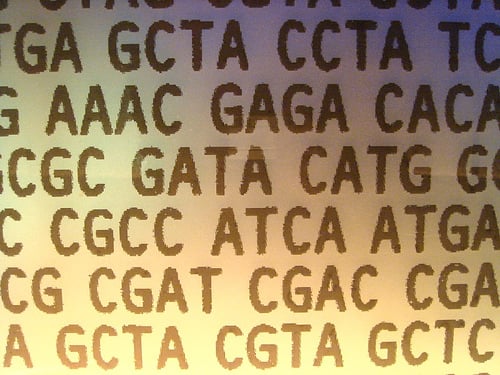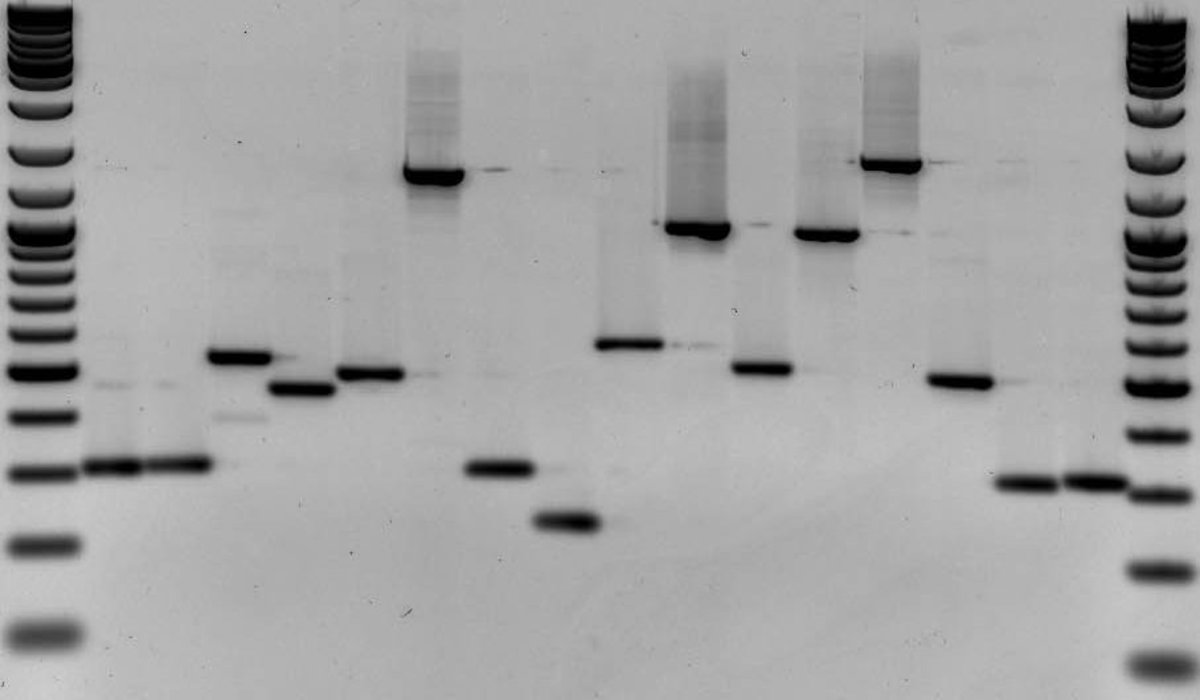- HubPages»
- Entertainment and Media»
- Movies & Movie Reviews»
- Science Fiction & Fantasy Films
When Science goes to the Movies
The Island Trailer
SPOILER ALERT
As is evident from my other articles I am a science geek, but I tend to refer to pop culture as my mistress. So when Hollywood makes a science fiction movie I typically have something to say about it. My general feeling about various sci-fi movies is that the premise is good- exploring some scientific possibility and how it would influence society in the future. However the follow-through is where I find these movies to be lacking. An example of a good premise, bad follow-through is The Island- starring Ewan McGregor and Scarlett Johansson which came out in 2005. In order to make my point I need to give the plot away.
The main characters live in a fully enclosed city where they are not allowed to go outside due to a contamination. Everyone takes part in and looks forward to winning the lottery in order to win a pass to going to the island, the only place left in the outside world that is not contaminated. What the main characters don’t know is there is no contamination and that they are clones for specific individuals living in the unharmed, outside world. When these people need an organ transplant or anything really- muscle tissue, an appendage- the clone ‘wins’ the lottery and gets to go to the island which looks remarkably similar to an operating room. The real life counterpart gets whatever spare part they need from their clone and the clone is euthanized.
The premise, as I said before is interesting, but the actual movie itself is not good. Even if it’s an exaggerated premise, the concept is thought-provoking. Being able to clone an entire person is most likely going to remain in the science fiction department. However, studies now are showing that whole organs will soon be grown up from stem cells. The thought-provoking part comes in with the human nature element in regards to this idea of having a clone to serve as a spare parts repository. Sure, the average person may find something altogether creepy about keeping a clone locked up just in case they need a liver transplant sometime in their life. A component of the movie that is dead-on in my opinion is money would rule this situation. In the movie actors, athletes, and other rich people are the ones that have these just-in-case clones.
Would you like a spare clone of you kept in the dark in case of emergency?

Another movie, a successful example of a sci-fi film, is Gattaca which came out in 1997 and starred Ethan Hawke, Jude Law, and Uma Thurman. I have much more respect for it than The Island and thus will be more protective of the plot in case you haven't seen it. The premise is in a not-so-distant future when genetic testing is taken to the nth degree. Most babies are no longer naturally born, borrowing a page from Huxley’s A Brave New World, instead multiple eggs and sperm of the parents are put together in the lab and the fertilized eggs that come out of the process are evaluated for gender, disease, and so on. Then the parents choose which potential child they want to have. The purpose behind the extensive genetic testing is to gauge the person’s life expectancy, disease development, and other traits. This is then used throughout the individual’s entire life to dictate the education, career path, and social status of the individual.
Currently we use genetic testing for prenatal screening as well for high risk individuals for certain diseases. Interestingly, a topic of conversation making headlines recently has been the increased accuracy of a fetal cell test that is able to determine gender seven weeks into a woman’s pregnancy. This is leading to bioethics conversations about whether this will be used to make a decision to terminate, particularly in countries where male children are preferred or even in families looking to have one specific gender.
Gattaca poses the question to a much greater extent since in the movie much more detail is learned about the embryo. The question being what if genetic testing was so commonplace it was used as an everyday guideline to making decisions about a person? Potential employers and significant others would openly or covertly obtain a sample and have a quick test done to determine the person’s DNA. The problem exploited in the film is that a person’s DNA is the end-all, be-all when it came to expectations about the person. It was an illustration of what happens when the nature vs. nurture argument has nature completely wiping out nurture. This creates a world without stories of underdogs overcoming adversary, in Gattaca a job interview begins and ends with a DNA test. The implications of a world like this would wreak havoc on health care- would insurance companies be looking at a person’s genetics before making a decision to cover them? Would a potential mate decline a date invitation because you weren’t genetically up to their standards? As the movie touches upon there would be no more racial stereotyping, since “Blood has no nationality.” The trade-off being genetic profiling, people would potentially be discriminated against based on what their DNA test says and predicts about them.
Do you think we will someday soon live in a world where DNA defines our lot in life?
The interesting thing about both these movies, regardless of how they rate, is they make you think about how scientific advances can equally enrich and impede our lives. The idea behind The Island is pretty far-fetched, although certainly less so now than 10 years ago. However the implication about how far cloning could be taken is accurate, in my opinion. Some business person would most likely exploit this scientific advance to make money off of and there are definitely people out there willing to pay for the chance to get a spare set of organs/appendages/etc. The idea behind Gattaca is something that could become a reality; we could find ourselves in a world where a DNA test becomes as commonplace as a background check. The way people handle this information is a definite possibility- people are nosy, if they can get more information about someone in their life they will. The trouble is-How much information is too much information and could it be taken the wrong way, leaving no room for the person to overcome their pre-defined expectations?








